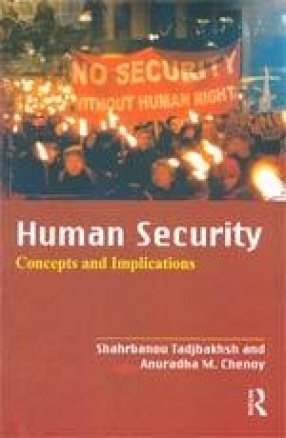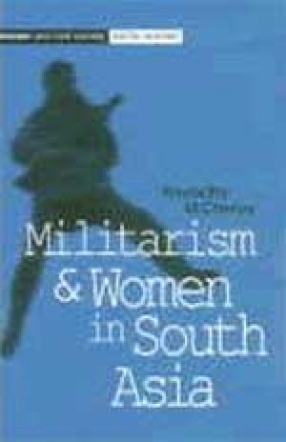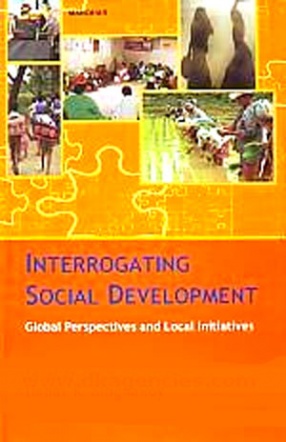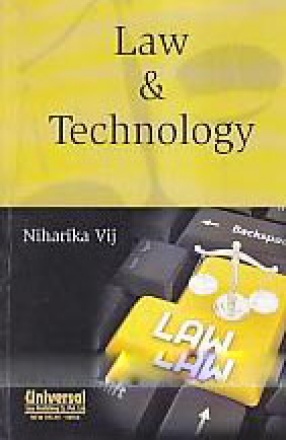This book traces the key evolutions in the development of the concept of human security, the various definitions and critiques, how it relates to other concepts, and what it implies for polities, politics, and policy. Besides charting the territory and structuring the debate on a concept that is rapidly gaining importance in international policy making circles, it responds to an intellectual need. In a globalizing world, in which threats become transnational and states lose power, security can no longer be studied in a one-dimensional fashion. Instead, it must be conceptualized from an interdisciplinary point of view, taking into account a variety of variables as well as their interactions. This book contributes to this new multidimensional conception of security, showing its strengths and weaknesses, and its implications for analysis and action. Case studies from different regions (Afghanistan, Central Asia and South Asia) are presented throughout so as to elucidate the arguments which center on the following question: Does the concept of human security introduce a fundamental shift in approach or is it a new name for old solution, another popular label affixed to conventional policies? Why are there so many definitions and critiques? Is the concept utopian or does it have practical implications? How can we evaluate policies using a human security framework? What is the added value of a human security approach in re-examining theories of security, development and human rights? What are the roles, responsibilities and capacities of the state and the international community within a new security vision? What are the roles, responsibilities and capacities of the state and the international community within a new security vision? How to reconcile calls for a global vision of security versus national sovereignty and cultural relativism? Do ethical norms have a role in international relations? How does foreign aid help or hamper the provision of human security? As a concept born out of the end of the Cold War, is it still relevant in the post September 11th reactions and the revived focus on national security?
Human Security: Concepts and Implications
In stock
Free & Quick Delivery Worldwide
reviews
Bibliographic information
Title
Human Security: Concepts and Implications
Author
Edition
1st ed.
Publisher
ISBN
9780415407274
Length
xvi+272p., Tables; Figures; Bibliography; Index; 23cm.
Subjects







There are no reviews yet.